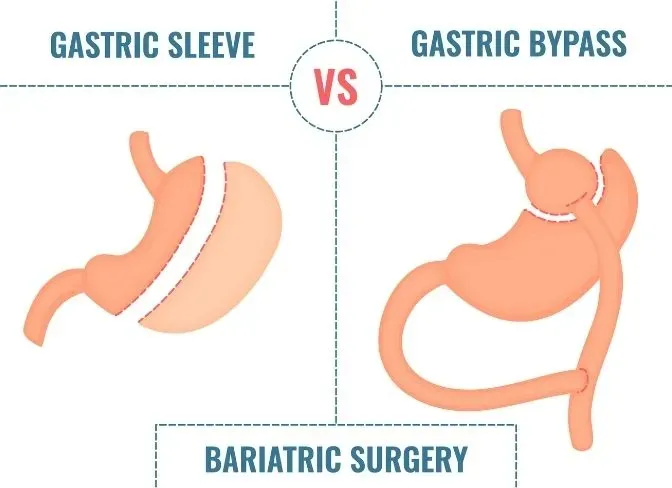After your operation, a new chapter in your life begins with many things to think about that you may not have previously. Your physical well-being is now a priority since it’s essential to living a better life. The vitamins you eat are one crucial component that we must start taking into account following bariatric surgery.
What is Vitamin?
Our bodies require vitamins as necessary nutrients in order to function effectively. They are essential for keeping us healthy and avoiding a number of ailments. Although a number of foods include vitamins, many individuals decide to take supplements to make sure they are getting enough of these vital elements.
Why We Need Vitamins After Bariatric Surgery?
It’s crucial to take vitamins and minerals after bariatric surgery since the procedure alters how the body absorbs nutrition. By reducing the size of the stomach and/or rerouting the small intestine, bariatric surgery, such as gastric bypass or sleeve gastrectomy, can restrict the absorption of some nutrients. As a result, those who have had bariatric surgery are more likely to experience dietary shortages, such as vitamin and mineral deficits.
Types of Vitamins
Here are some of the vitamins and minerals that are commonly recommended after bariatric surgery:
Vitamin B12
Red blood cell production and keeping healthy nerve cells depend on vitamin B12. After bariatric surgery, it is frequently inadequate, thus it may be required to supplement with B12 injections or sublingual (under the tongue) pills.
Vitamin D
The body can better absorb calcium and maintain healthy bones with vitamin D. Due to reduced food consumption and less sun exposure following bariatric surgery, people are more likely to suffer from vitamin D deficiencies.
Iron
Red blood cell production and oxygen transport throughout the body depend on iron. Anemia may result from inadequate iron absorption from meals after bariatric surgery. Supplemental iron may be required.
Calcium
Building and keeping healthy bones require calcium. Following bariatric surgery, people may not be able to absorb enough calcium from diet, necessitating the use of calcium citrate or calcium carbonate supplements.
Multivitamin
After bariatric surgery, a daily multivitamin may be advised to ensure appropriate consumption of all essential vitamins and minerals. Because the amounts of some nutrients may be higher in a multivitamin made expressly for bariatric patients, it is crucial to make this choice.
The best vitamin and mineral supplements regimen following bariatric surgery should be developed in close consultation with a healthcare practitioner, such as a dietician or bariatric surgeon. Monitoring nutrient levels and making necessary supplementation plan adjustments can be assisted by routine follow-up consultations and blood tests.
Recommended Daily Allowance (RDA)
Each vitamin has a different recommended daily amount (RDA), which varies by age, sex, and other conditions like pregnancy or nursing. To find out how much vitamin you should be taking, it’s vital to consult a doctor.
Supplements
Although a balanced diet is the best way to receive vitamins, some individuals may decide to take supplements if they are not receiving enough through their diet. But before beginning any new supplement routine, it’s crucial to see a doctor because taking too much of some vitamins can be dangerous.
Summary
Vitamins are essential for keeping us healthy and avoiding illness. We may choose our meals and supplements wisely to make sure we are getting enough of these crucial nutrients by knowing the various vitamin kinds and how much of each we require.






Get Free Quote